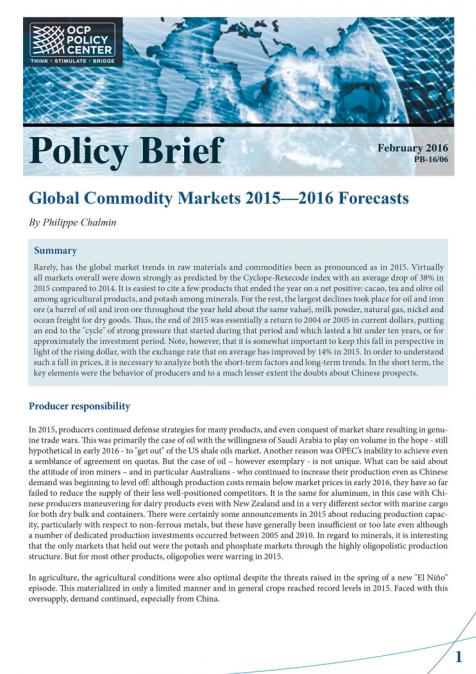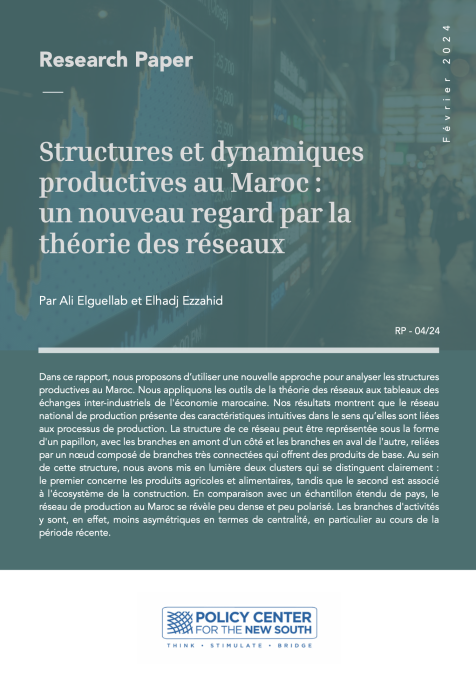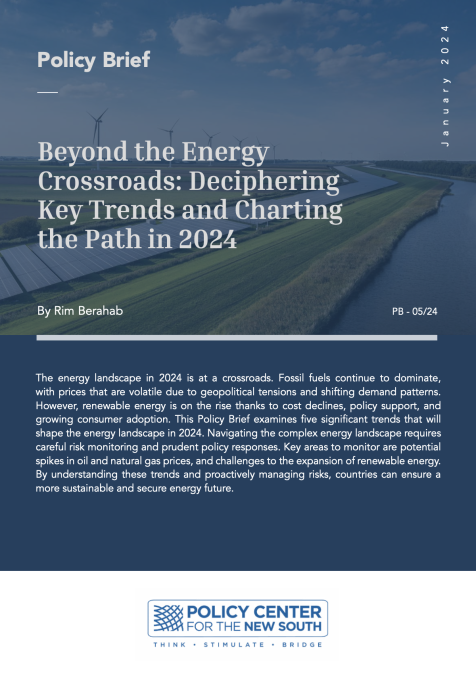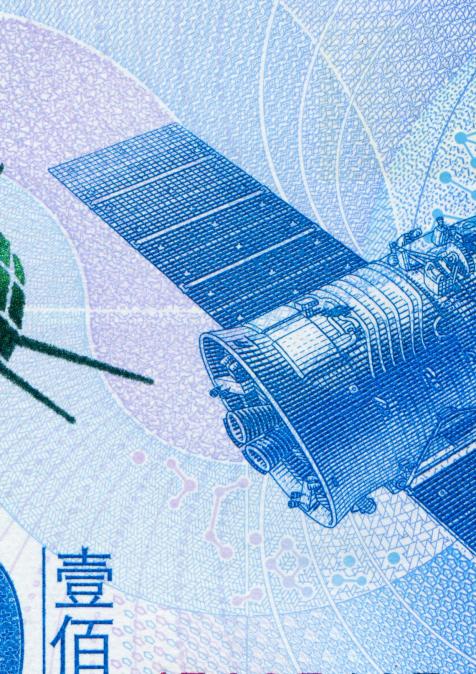Publications /
Policy Brief
Rarely, has the global market trends in raw materials and commodities been as pronounced as in 2015. Virtually all markets overall were down strongly as predicted by the Cyclope-Rexecode index with an average drop of 38% in 2015 compared to 2014. It is easiest to cite a few products that ended the year on a net positive: cacao, tea and olive oil among agricultural products, and potash among minerals. For the rest, the largest declines took place for oil and iron ore (a barrel of oil and iron ore throughout the year held about the same value), milk powder, natural gas, nickel and ocean freight for dry goods. Thus, the end of 2015 was essentially a return to 2004 or 2005 in current dollars, putting an end to the "cycle" of strong pressure that started during that period and which lasted a bit under ten years, or for approximately the investment period. Note, however, that it is somewhat important to keep this fall in perspective in light of the rising dollar, with the exchange rate that on average has improved by 14% in 2015. In order to understand such a fall in prices, it is necessary to analyze both the short-term factors and long-term trends. In the short term, the key elements were the behavior of producers and to a much lesser extent the doubts about Chinese prospects.










